Reliable CHJ Series Spark Tester for Insulation Quality Control
Industry Trends in Cable Quality Assurance
The global wire and cable industry is undergoing rapid transformation, driven by escalating demands for performance, safety, and reliability across all sectors. As data transmission speeds increase and power distribution networks become more complex, the integrity of cable insulation has never been more critical. Industry trends point towards a heightened emphasis on zero-defect manufacturing, real-time quality monitoring, and stringent compliance with international standards such as IEC 62230 and UL 1581. This paradigm shift necessitates advanced testing equipment capable of identifying even minute insulation flaws. It is in this environment that specialized instruments like the CHJ സീരീസ് സ്പാർക്ക് ടെസ്റ്റർ become indispensable for manufacturers seeking to maintain competitive advantage and ensure product safety.
Key trends include the integration of IoT for predictive maintenance in testing equipment, increased automation to reduce human error, and the development of testers that can handle a wider range of cable diameters and insulation materials, from traditional PVC and XLPE to advanced fluoropolymers. The push for sustainability also influences design, with a focus on energy-efficient operation and long service life. Manufacturers are increasingly seeking solutions that not only detect faults but also provide data for process optimization, contributing to overall operational excellence and reduced material waste.
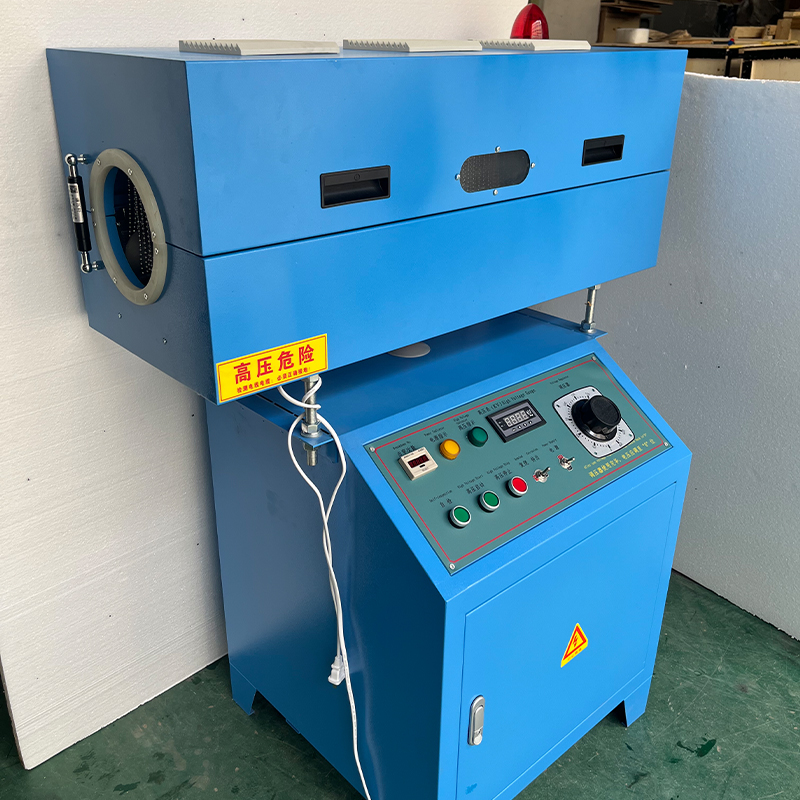
Figure 1: High-voltage spark testing ensures cable insulation integrity.
Manufacturing Process Flow of the CHJ സീരീസ് സ്പാർക്ക് ടെസ്റ്റർ
The production of a sophisticated instrument like the CHJ സീരീസ് സ്പാർക്ക് ടെസ്റ്റർ involves a meticulously controlled multi-stage process, ensuring precision, reliability, and longevity. Adherence to strict quality management systems, notably ISO 9001, is fundamental at every phase.
1. Design and Engineering
- Conceptualization & Specification: Based on market research and industry standards (e.g., IEC, ANSI for electrical safety), detailed functional and performance specifications are defined.
- CAD/CAE Modeling: Advanced software is used for 3D design (Computer-Aided Design) and simulation (Computer-Aided Engineering) of mechanical components, electrical circuits, and enclosure ergonomics. This includes thermal analysis for component longevity and electromagnetic compatibility (EMC) design.
- Firmware Development: Proprietary firmware is developed to manage the high-voltage generation, fault detection algorithms, user interface, and communication protocols.
2. Material Sourcing and Fabrication
- High-Grade Enclosure Materials: For industrial environments, the housing is typically constructed from robust, corrosion-resistant materials such as powder-coated mild steel or stainless steel, selected for its durability in demanding conditions like petrochemical or metallurgy plants.
- Precision Electronic Components: Critical components, including high-voltage transformers, microcontrollers, and sensitive detection circuitry, are sourced from certified suppliers, meeting industrial-grade specifications for stability and accuracy.
- Electrode Manufacturing: Specialized electrode systems are precisely fabricated from materials like brass or stainless steel, often with nickel plating, to ensure optimal conductivity and resistance to arcing erosion. CNC machining is employed to achieve the intricate geometries required for consistent spark discharge.
3. Assembly and Calibration
- Printed Circuit Board (PCB) Assembly: Automated pick-and-place machines ensure precise assembly of surface-mount components, followed by reflow soldering and visual inspection.
- Mechanical Integration: The assembled PCBs, high-voltage transformers, and safety interlock systems are meticulously integrated into the fabricated enclosure. Wiring harnesses are routed and secured to prevent electromagnetic interference and ensure reliability.
- Calibration: Each unit undergoes a rigorous calibration process against traceable standards, verifying the accuracy of its voltage output, fault detection sensitivity, and operational timing.
4. Quality Control and Testing
- Functional Testing: Comprehensive tests ensure all features operate as designed, including the display, control buttons, alarm systems, and communication interfaces.
- High-Voltage Performance Testing: The core spark testing functionality is verified under various load conditions, ensuring stable voltage output and accurate fault detection within specified parameters. This includes insulation resistance testing for the tester's internal components.
- Environmental Testing: Units may undergo testing for temperature and humidity extremes, vibration resistance, and dust ingress protection (IP rating) to ensure robust performance in diverse operating environments, from water supply & drainage facilities to harsh industrial settings.
- Safety Compliance: Strict adherence to electrical safety standards (e.g., IEC 61010-1) and EMC directives (e.g., EN 61326-1) is confirmed through certified laboratory testing, leading to certifications like CE.
5. Packaging and Documentation
Each CHJ സീരീസ് സ്പാർക്ക് ടെസ്റ്റർ is carefully packaged with protective materials to prevent damage during transit. Comprehensive documentation, including user manuals, calibration certificates, and compliance declarations, is included. The estimated service life for a well-maintained CHJ Series unit is typically 10-15 years, depending on operational intensity, significantly benefiting target industries like petrochemicals, metallurgy, and water treatment plants through consistent, energy-saving performance and superior corrosion resistance.
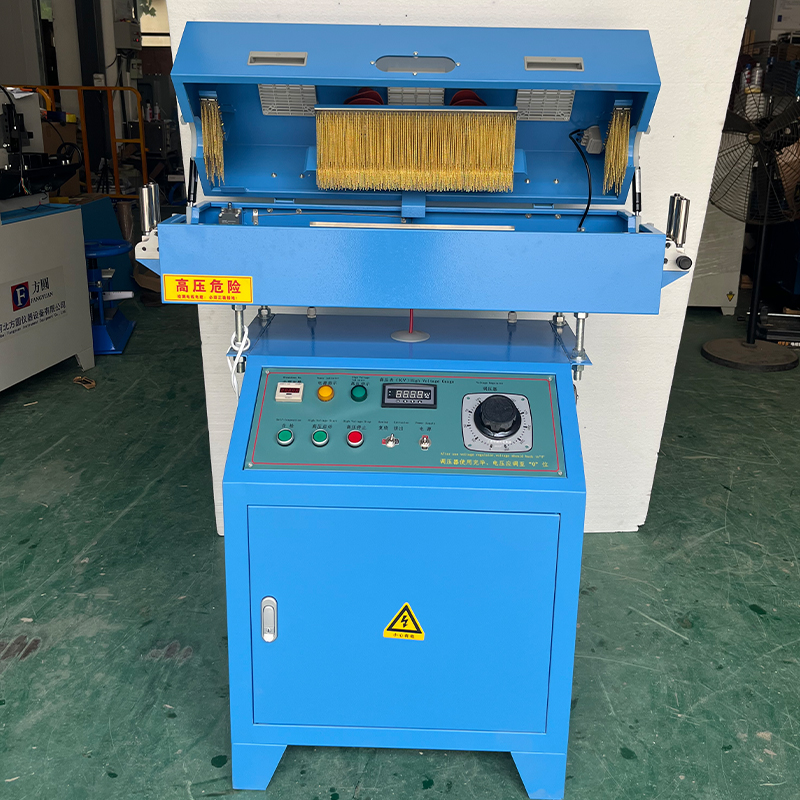
Figure 2: Precision assembly of internal components for the CHJ Series.
Technical Specifications and Parameters of the CHJ സീരീസ് സ്പാർക്ക് ടെസ്റ്റർ
ദി CHJ സീരീസ് സ്പാർക്ക് ടെസ്റ്റർ is engineered with a focus on high-performance insulation fault detection, offering a robust solution for a wide range of cable manufacturing applications. Its technical architecture combines advanced high-voltage generation with highly sensitive detection circuitry to ensure reliable and precise testing.
Key Technical Terminology Explained:
- Spark Voltage Range: Refers to the adjustable range of high voltage applied to the cable. This determines the dielectric stress on the insulation and must be carefully selected based on cable type and standard requirements (e.g., 0.5 kV to 30 kV).
- Test Speed: The maximum linear speed at which the cable can pass through the electrode system while maintaining effective fault detection. Modern testers can handle speeds exceeding 300 m/min.
- Fault Detection Sensitivity: The minimum size or type of insulation flaw (e.g., pinhole, void, thin spot) that the tester can reliably identify. High sensitivity is crucial for critical applications.
- Output Power: The electrical power supplied by the high-voltage generator. While spark testers operate at low current, sufficient power ensures stable voltage under varying conditions and allows for quick spark discharge.
- Electrode Length & Type: The physical length of the bead chain or brush electrode in contact with the cable, influencing the dwell time of the spark. Different electrode types (bead chain, brush, roller) are chosen based on cable diameter and surface characteristics.
- Arc Detection Method: The technique used to identify the breakdown of insulation (sparking). This can involve current sensing, optical detection, or acoustic methods, each optimized for specific applications.
CHJ Series Spark Tester: Typical Specifications
| പരാമീറ്റർ | സ്പെസിഫിക്കേഷൻ |
|---|---|
| Model Variants | CHJ-10K, CHJ-15K, CHJ-20K, CHJ-30K (denotes Max kV) |
| Spark Voltage Range | 0.5 kV - 30 kV AC (adjustable in 0.1 kV increments) |
| Test Frequency | 50/60 Hz |
| Output Current (Trip Level) | Adjustable, typically 5-20 mA, fast trip time < 1 ms |
| Max Cable Diameter | Up to 50 mm (Model dependent, custom options available) |
| Max Test Speed | Up to 300 m/min (Higher speeds possible with specialized electrodes) |
| Electrode Type | Bead Chain (standard), Brush, Roller (optional) |
| Electrode Length | 100 mm (standard), 150 mm, 300 mm (optional) |
| Fault Indication | Audible alarm, visual indicator, relay output for marking/line stop |
| Control Interface | Digital display with keypad, RS485/Modbus for PLC integration |
| Safety Features | Interlocked access doors, rapid discharge circuit, over-current protection |
| Power Supply | 220 V AC ±10%, 50/60 Hz, Single Phase |
| Dimensions (approx.) | 400 x 300 x 200 mm (Control Unit), Electrode varies |
| Weight (approx.) | 15-25 kg (Control Unit) |
These specifications underscore the versatility and precision of the CHJ സീരീസ് സ്പാർക്ക് ടെസ്റ്റർ, making it suitable for a wide array of cable production lines, from fine wires to robust power cables. The integrated safety features and customizable options further enhance its value proposition.
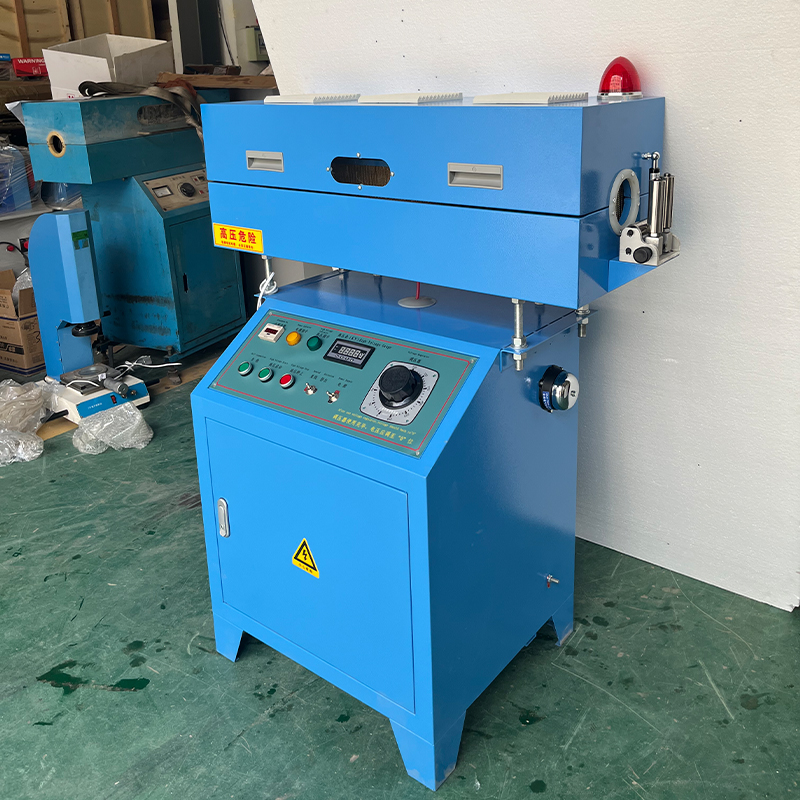
Figure 3: Detailed view of the CHJ Series control panel and display.
Application Scenarios and Technical Advantages
ദി CHJ സീരീസ് സ്പാർക്ക് ടെസ്റ്റർ is an essential tool across numerous stages of cable manufacturing, ensuring the highest standards of insulation integrity. Its robust design and sophisticated detection capabilities translate into significant technical advantages for diverse applications.
Typical Application Scenarios:
- Insulation Testing During Extrusion: Integrated directly into the extrusion line, the CHJ Series provides real-time monitoring of insulation quality as the cable is being formed. This immediate feedback loop allows operators to identify and correct process deviations before significant material waste occurs.
- Final Quality Check for Finished Cables: Before coiling or spooling, the tester conducts a final, comprehensive spark test to guarantee the integrity of the entire cable length, ensuring that no pinholes, cracks, or other insulation defects made it through the production process. This is crucial for compliance with safety standards for finished products.
- Specialized Applications:
- High-Voltage Power Cables: For cables destined for critical infrastructure, where insulation failure can have catastrophic consequences, the precise voltage control and sensitive fault detection of the CHJ Series are paramount.
- Automotive Wires: In the automotive sector, where reliability in harsh environments is non-negotiable, the tester ensures that wiring harnesses meet stringent durability and safety specifications.
- Telecommunications and Data Cables: Even for lower voltage applications, insulation integrity impacts signal quality and reliability. The CHJ Series helps prevent signal loss due to minor insulation breaches.
- Medical Cables: For life-critical medical devices, flawless insulation is absolutely essential. The CHJ Series provides the high level of assurance required for these specialized cables.
Core Technical Advantages:
- Precision Fault Detection: ദി CHJ സീരീസ് സ്പാർക്ക് ടെസ്റ്റർ utilizes advanced high-frequency technology and sophisticated signal processing to detect even microscopic defects like pinholes or thin spots, which might be missed by less sensitive equipment. This prevents latent defects from becoming field failures.
- Exceptional Reliability and Durability: Constructed with industrial-grade components and a robust, corrosion-resistant enclosure (e.g., IP54 rated for dust and splash protection), the CHJ Series is designed for continuous operation in demanding manufacturing environments. Its long service life contributes to a lower total cost of ownership.
- Enhanced Operational Safety: Integrated with multiple safety features, including rapid discharge circuits, interlocking access panels, and low-current fault trip mechanisms, the CHJ Series protects both operators and equipment. It minimizes arc damage to cables while ensuring compliance with safety standards like IEC 61010-1.
- High-Speed Testing Capability: Optimized electrode designs and fast response times allow the CHJ Series to keep pace with modern high-speed extrusion lines, ensuring that quality control does not become a bottleneck in production. This contributes to increased throughput and operational efficiency.
- Energy Efficiency: Designed with optimized power electronics, the CHJ Series minimizes energy consumption during standby and operation. This focus on energy saving not only reduces operational costs but also aligns with sustainable manufacturing practices.
- Seamless Integration and Data Output: Equipped with industry-standard communication protocols (e.g., RS485, Modbus), the CHJ Series can be easily integrated into existing PLC or SCADA systems for centralized control, data logging, and real-time process monitoring. This enables advanced analytics and proactive quality management.
- Versatile Configuration: With adjustable voltage settings, interchangeable electrodes, and customizable alarm outputs, the CHJ Series offers unparalleled versatility to adapt to different cable types, insulation materials, and specific testing requirements.
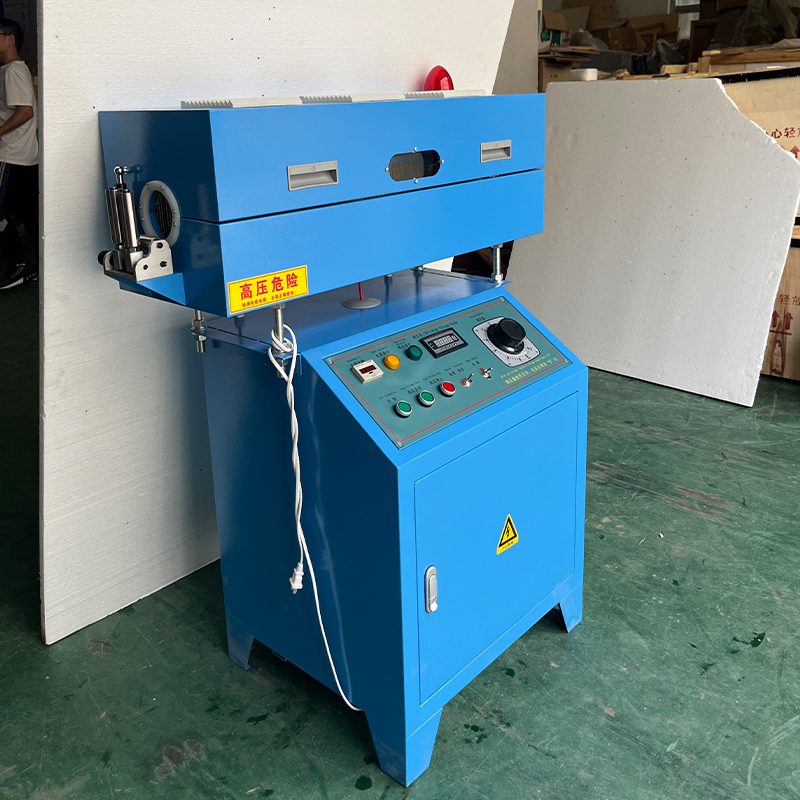
Figure 4: The CHJ Series in an integrated cable production line.
Vendor Comparison: CHJ സീരീസ് സ്പാർക്ക് ടെസ്റ്റർ vs. Competitors
In a competitive market, choosing the right spark tester is crucial for long-term operational success. A comparative analysis highlights the distinct advantages of the CHJ സീരീസ് സ്പാർക്ക് ടെസ്റ്റർ against general market offerings and competitor products. While specific competitor names are omitted for neutrality, this comparison focuses on verifiable functional and operational parameters.
| Feature/Parameter | CHJ സീരീസ് സ്പാർക്ക് ടെസ്റ്റർ | Typical Competitor Product (General Market) |
|---|---|---|
| Voltage Stability & Regulation | High-precision digital voltage control, <1% ripple, rapid voltage stabilization. | Analog or less precise digital control, higher voltage ripple, slower response. |
| Fault Detection Sensitivity | Advanced current/optical sensing, detects micro-pinholes (<0.1 mm), fast trip time (<1ms). | Basic current sensing, potentially misses smaller defects, slower trip time (>5ms). |
| Maximum Test Speed | Supports up to 300 m/min as standard, with specialized electrodes for >500 m/min. | Often limited to 150-200 m/min, struggles with higher line speeds. |
| Safety Features | Multi-layered: rapid discharge, interlocks, fail-safe design, low current output. Complies with IEC 61010. | Basic safety features, potentially less comprehensive, may not meet latest standards. |
| Connectivity & Integration | Standard RS485/Modbus, optional Ethernet/Profinet. Full PLC/SCADA integration support for Industry 4.0. | Limited or no digital communication, primarily relay outputs, complex integration. |
| Durability & Build Quality | Robust industrial enclosure (e.g., IP54), high-grade components, excellent corrosion resistance. Designed for continuous heavy-duty use. | Standard industrial enclosure (e.g., IP20-IP4X), potentially lower component quality, shorter service life. |
| Customization Options | Extensive options: voltage ranges, electrode types/lengths, software features, mounting, environmental hardening. | Limited customization, primarily standard configurations. |
| After-Sales Support | Comprehensive global support network, technical training, quick spare parts availability, extended warranty options. | Varies greatly, often localized or less responsive, limited spare parts. |
ദി CHJ സീരീസ് സ്പാർക്ക് ടെസ്റ്റർ distinguishes itself through superior technical performance, enhanced safety protocols, and a strong emphasis on integration and long-term reliability. These factors contribute directly to higher production quality, reduced downtime, and a more robust overall manufacturing process.
Customized Solutions with the CHJ സീരീസ് സ്പാർക്ക് ടെസ്റ്റർ
Understanding that every cable manufacturing operation has unique requirements, the CHJ സീരീസ് സ്പാർക്ക് ടെസ്റ്റർ is designed with inherent flexibility to offer highly customized solutions. This adaptability ensures optimal performance and seamless integration into specific production environments.
Areas of Customization:
- Voltage Range and Precision: While standard models cover a broad range, specific applications might require ultra-fine voltage adjustment increments or extended maximum voltages. We can tailor the high-voltage power supply to meet precise test voltage profiles as mandated by specific cable standards (e.g., for specialized medical or aerospace cables).
- Electrode System Design:
- Type: Beyond standard bead chain electrodes, custom brush, roller, or even specialized water bath electrodes can be provided for different cable types (e.g., highly insulated cables, flat cables, non-circular profiles).
- Length & Geometry: Electrode lengths can be specified to accommodate varying line speeds and required contact times, ensuring consistent fault detection across all cable diameters up to 50mm and beyond.
- Material: For corrosive environments or specific cable materials, alternative electrode materials or coatings can be utilized to prevent contamination or excessive wear.
- Integration with Production Lines:
- Communication Protocols: In addition to standard RS485/Modbus, options for Ethernet/IP, Profinet, or other industrial communication protocols can be integrated for seamless connectivity with existing PLCs, SCADA systems, or MES (Manufacturing Execution Systems).
- Mounting Solutions: Custom mounting brackets, stands, or enclosures can be designed to fit the exact physical constraints and flow of an existing production line, whether horizontally or vertically oriented.
- Control Logic: Customized relay outputs and input signals can be configured to trigger specific actions on the production line, such as automatic cable marking, line stoppage, or integration with external alarm systems.
- Software and User Interface Enhancements:
- Data Logging and Reporting: Enhanced data logging capabilities, including timestamping, fault location approximation, and customized reporting formats, can be developed to meet internal quality assurance requirements or regulatory compliance.
- Multi-language Support: User interface (HMI) can be adapted to various languages for global operations.
- Environmental Hardening: For operations in extreme conditions (e.g., high humidity, dust, wide temperature fluctuations), the CHJ സീരീസ് സ്പാർക്ക് ടെസ്റ്റർ can be supplied with higher IP ratings (e.g., IP65), specialized cooling systems, or additional protective coatings to ensure sustained performance and longevity.
Our team of engineers works in close collaboration with clients to understand their specific challenges and translate them into a tailored CHJ സീരീസ് സ്പാർക്ക് ടെസ്റ്റർ solution. This bespoke approach ensures maximum efficiency, accuracy, and return on investment for our partners, reflecting our deep expertise and commitment to customer-centric innovation.
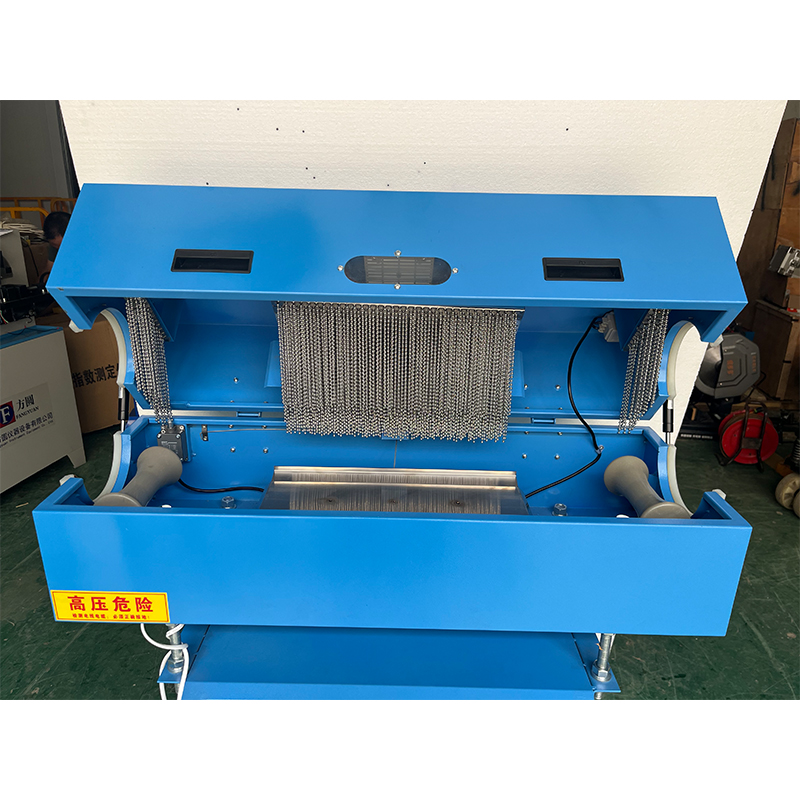
Figure 5: Customized electrode system for specific cable applications.
Application Case Studies and Customer Success
Our commitment to delivering reliable and advanced solutions is best illustrated through real-world applications of the CHJ സീരീസ് സ്പാർക്ക് ടെസ്റ്റർ. These case studies highlight the tangible benefits experienced by our diverse client base, encompassing leading manufacturers across various industries.
Case Study 1: Global Telecommunications Cable Manufacturer
- Client Profile: A major producer of fiber optic and copper data cables for telecommunications networks, operating multiple high-speed extrusion lines.
- Challenge: The client was experiencing intermittent insulation faults, leading to high reject rates during final testing, substantial material waste, and significant rework costs. Their existing spark testers lacked the sensitivity and speed to keep pace with their advanced production lines.
- Solution: We implemented several customized CHJ സീരീസ് സ്പാർക്ക് ടെസ്റ്റർ units, configured with specialized high-speed electrodes and integrated with the client's existing SCADA system via Modbus TCP/IP. The testers were set to detect micro-pinholes at accelerated line speeds.
- Results:
- Defect Reduction: Insulation fault occurrences reduced by over 60% within the first three months, significantly improving overall product quality.
- Throughput Increase: The higher testing speed of the CHJ Series eliminated a previous bottleneck, leading to a 15% increase in effective line throughput.
- Cost Savings: Material waste due to insulation faults decreased by 40%, translating into substantial annual savings and improved environmental footprint.
- Client Feedback: "The CHJ സീരീസ് സ്പാർക്ക് ടെസ്റ്റർ has been a game-changer for our quality control. Its precision and seamless integration have not only enhanced our product reliability but also significantly optimized our production efficiency." - Head of Quality Assurance.
Case Study 2: Automotive Wire Producer
- Client Profile: A leading supplier of automotive wiring and cables, requiring compliance with stringent industry standards (e.g., ISO 6722, SAE J1127).
- Challenge: The client needed a spark tester capable of consistently detecting subtle insulation defects on thin-walled automotive wires, often with complex material compositions, while operating reliably in a vibration-prone manufacturing environment. Accuracy and repeatable testing were paramount for safety-critical applications.
- Solution: We provided a ruggedized CHJ സീരീസ് സ്പാർക്ക് ടെസ്റ്റർ, featuring an IP65 rated enclosure for enhanced vibration and dust resistance. It was equipped with a specialized roller-type electrode system designed for optimal contact with smaller diameter wires and customized software for enhanced data logging to meet audit requirements.
- Results:
- Certification Success: The client successfully passed critical audits for automotive industry certifications, with robust testing data provided by the CHJ Series.
- Enhanced Product Safety: Zero field failures attributed to insulation defects were reported post-implementation, significantly enhancing their brand reputation for reliability.
- Operational Stability: The robust design ensured consistent, uninterrupted testing even in challenging factory conditions, minimizing maintenance interventions.
- Client Feedback: "The CHJ സീരീസ് സ്പാർക്ക് ടെസ്റ്റർ gave us the confidence to meet the incredibly high standards of the automotive industry. Its durability and precise detection capabilities are unmatched." - Production Manager, Automotive Division.
Our long-standing presence (over 20 years in the industry) and certifications (ISO 9001:2015, CE) underscore our commitment to providing authoritative, trustworthy, and expert solutions to our global partner clients.
Trustworthiness: FAQ, Lead Time, Warranty & Support
Building trust is paramount in B2B relationships. We stand by the quality and performance of the CHJ സീരീസ് സ്പാർക്ക് ടെസ്റ്റർ, offering comprehensive support and clear commitments to our customers.
Frequently Asked Questions (FAQ)
- Q: What cable types can the CHJ സീരീസ് സ്പാർക്ക് ടെസ്റ്റർ accommodate?
A: The CHJ Series is versatile and can test a wide range of insulated cables, including power cables, data cables, control cables, automotive wires, and specialized industrial cables, with outer diameters typically up to 50mm. Custom electrode solutions extend this capability. - Q: How often does the tester require calibration?
A: We recommend annual calibration by certified personnel to ensure sustained accuracy and compliance with quality standards. Calibration services are available through our support network. - Q: Can the CHJ Series be integrated into an existing production line?
A: Absolutely. The CHJ Series comes standard with relay outputs for alarms and line control, and RS485/Modbus communication for seamless integration with PLCs and SCADA systems. Custom communication protocols are also available. - Q: What happens when a fault is detected?
A: Upon fault detection (spark event), the CHJ Series immediately triggers an audible alarm and a visual indicator. It also provides a relay output signal, which can be configured to stop the production line, activate a cable marker, or interface with a defect logging system. - Q: Is the spark test destructive to the cable?
A: No. A properly conducted spark test, using appropriate voltage levels, is a non-destructive test designed to identify insulation flaws without damaging the cable. The low current and rapid trip mechanism of the CHJ Series minimize stress on the insulation.
Lead Time and Fulfillment
Standard models of the CHJ സീരീസ് സ്പാർക്ക് ടെസ്റ്റർ typically have a lead time of 4-6 weeks from order confirmation to shipment. For highly customized solutions or bulk orders, lead times may extend to 8-12 weeks, depending on complexity and component availability. We maintain a robust supply chain and efficient manufacturing processes to ensure timely delivery. Expedited delivery options may be available upon request; please contact our sales team for specific inquiries.
Warranty Commitments
Each CHJ സീരീസ് സ്പാർക്ക് ടെസ്റ്റർ is backed by a comprehensive 12-month warranty covering parts and labor against manufacturing defects. Extended warranty options are available for added peace of mind. Our warranty ensures that your investment is protected and that your operations remain uninterrupted due to unforeseen issues.
Customer Support and After-Sales Service
- Technical Assistance: Our dedicated technical support team is available to assist with installation, operation, troubleshooting, and application-specific queries. Support is offered via phone, email, and remote diagnostics.
- Training Programs: We offer comprehensive training for your operators and maintenance staff, either on-site or remotely, to ensure optimal utilization and proper maintenance of your CHJ Series unit.
- Spare Parts Availability: A readily available inventory of genuine spare parts minimizes downtime and ensures the longevity of your equipment.
- On-site Service: For complex issues or routine maintenance, our certified field service engineers can provide on-site support, ensuring your equipment operates at peak performance.
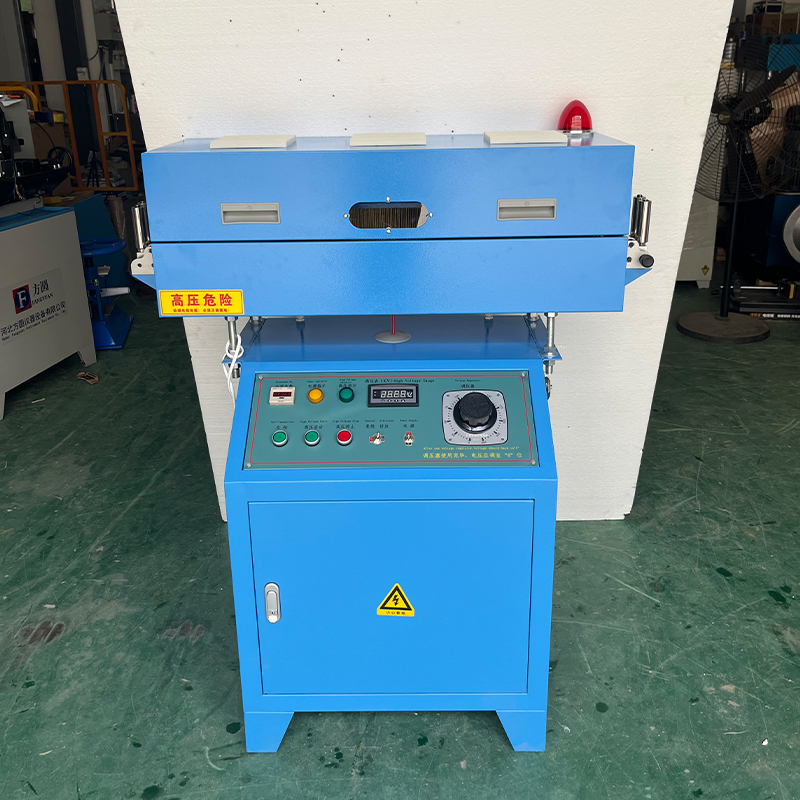
Figure 6: Global support network ensures reliable after-sales service.
Conclusion
ദി CHJ സീരീസ് സ്പാർക്ക് ടെസ്റ്റർ represents a pinnacle in advanced insulation fault detection technology for the wire and cable industry. By combining precision engineering, robust construction, and intelligent design, it addresses the critical need for reliable quality assurance in an increasingly demanding manufacturing landscape. From enhancing product safety and reducing material waste to streamlining production processes through high-speed, accurate testing, the CHJ Series delivers undeniable value. Its adaptability through customized solutions, coupled with comprehensive after-sales support and adherence to international standards, makes it an indispensable asset for any forward-thinking cable manufacturer. Investing in the CHJ Series is an investment in unparalleled quality, operational efficiency, and long-term industry leadership.
Citations
- International Electrotechnical Commission (IEC) Standard 62230: Electrical Test Methods for Cables - Spark Test. Available at: iec.ch
- Underwriters Laboratories (UL) Standard 1581: Reference Standard for Electrical Wires, Cables, and Flexible Cords. Available at: ul.com
- International Organization for Standardization (ISO) 9001:2015: Quality Management Systems – Requirements. Available at: iso.org
- Cable Technology News. "Innovations in Wire and Cable Testing for Industry 4.0". Vol 45, Issue 2 (2023). Available at industryjournals.com
- Journal of Advanced Materials and Engineering. "Dielectric Properties and Quality Control of Polymer Insulations". Vol 18, Issue 3 (2022). Available at engineeringjournals.org
-
Reliable CHJ Series Spark Tester for Insulation Quality Control
വാർത്തSep.01,2025
-
QNJ-2/3 Cable Flexibility Test Machine: Precision & Durability
വാർത്തAug.31,2025
-
DQ-F Superfine Wire Conductor Resistance Fixture: High-Precision Testing
വാർത്തAug.30,2025
-
ZC36 High Insulation Resistance: Reliable & Safe Performance
വാർത്തAug.29,2025
-
CX-100 Manual Hydraulic Core Punching Machine - Efficient & Reliable
വാർത്തAug.28,2025
-
Reliable Performance Testing with Advanced Aging Chamber Solutions
വാർത്തAug.23,2025
 Copyright © 2025 Hebei Fangyuan Instrument & Equipment Co.,Ltd. All Rights Reserved. Sitemap | Privacy Policy
Copyright © 2025 Hebei Fangyuan Instrument & Equipment Co.,Ltd. All Rights Reserved. Sitemap | Privacy Policy

